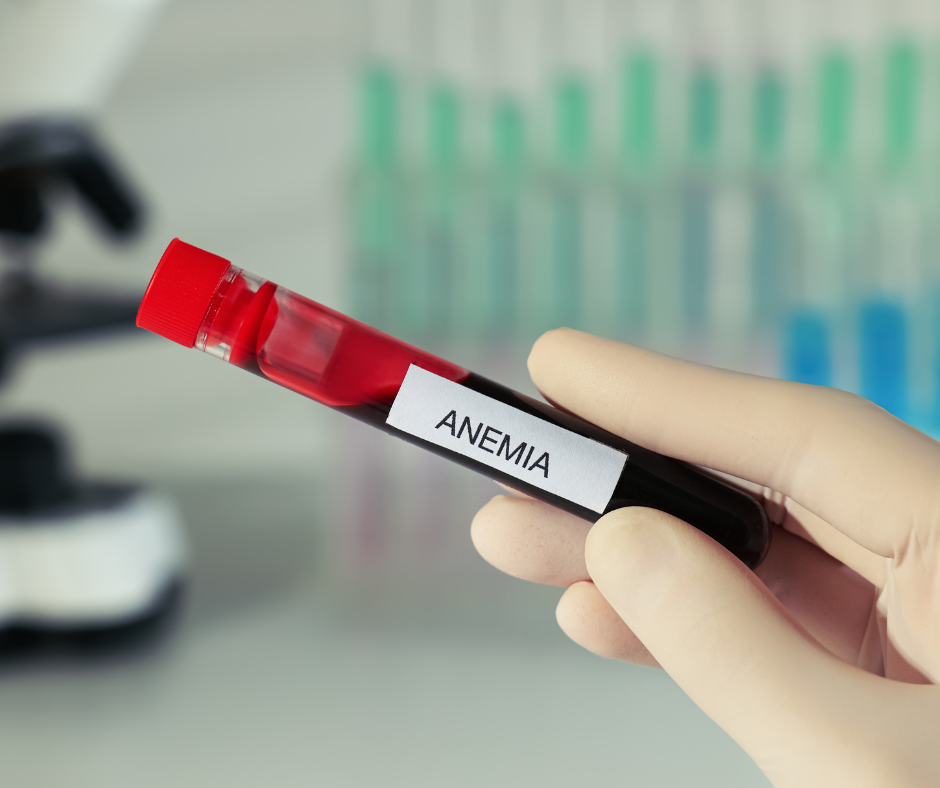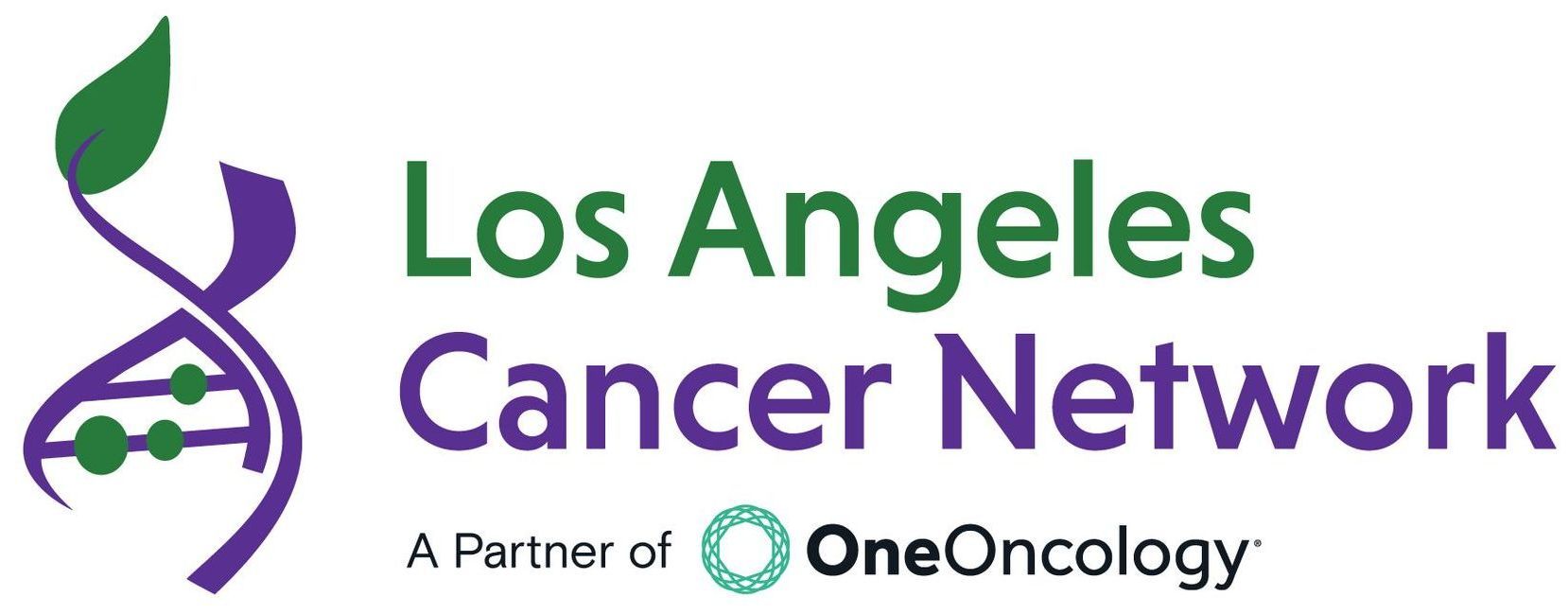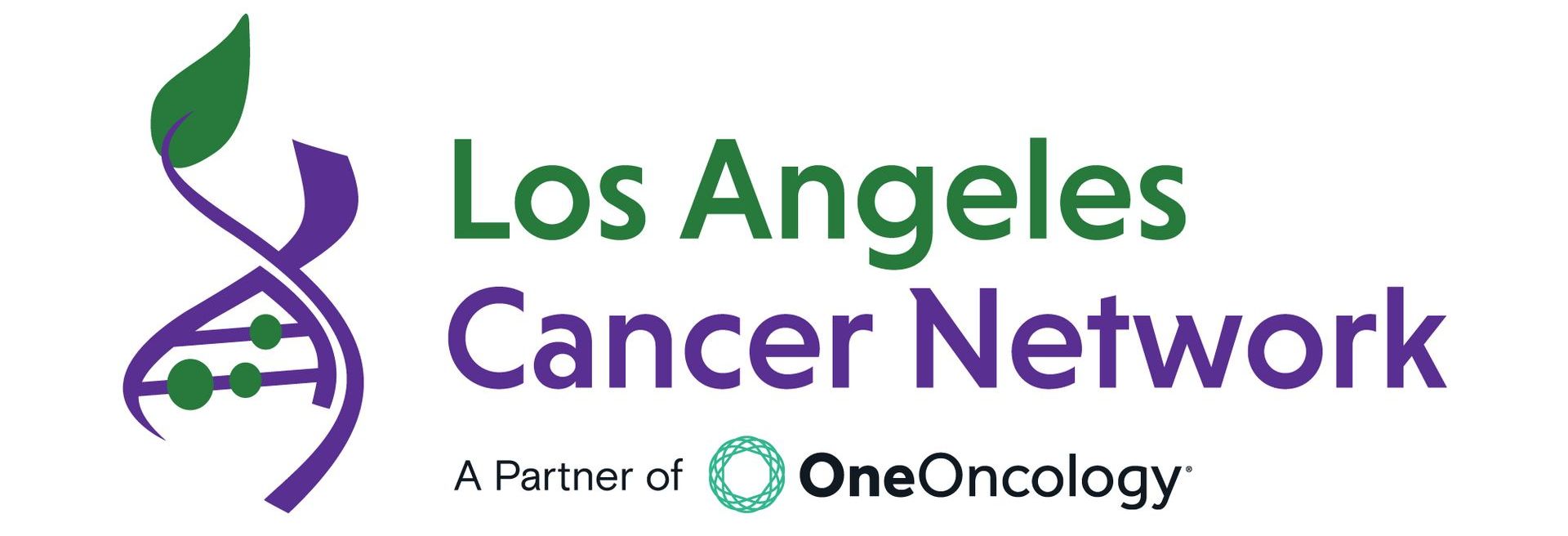What Is a Blood Disorder?
What Is a Blood Disorder?

Blood disorders may sound daunting but fear not; they're more common than you might think. Blood disorders disrupt the normal functioning of various components in your blood, which can manifest as issues related to blood clotting or bleeding.
The good news is that with proper medical care, healthcare providers can effectively manage most blood disorders, and they typically don't significantly impact a person's overall lifespan.
Understanding Blood Disorders
Numerous conditions can disrupt the normal operation of the different constituents within your blood, namely red blood cells, white blood cells, and platelets, ultimately resulting in blood disorders. Each component fulfills a distinct and vital role in upholding your overall well-being:
- Red Blood Cells: These cells carry oxygen throughout your body. A deficiency in healthy red blood cells can lead to fatigue and weakness.
- White Blood Cells: White blood cells safeguard your body from infections. Abnormalities in white blood cell counts can signal various medical conditions.
- Platelets: Platelets are crucial for blood clotting. Platelet disorders can result in excessive bleeding or an increased risk of blood clots.
Common Blood Clotting Disorders
Blood clotting disorders can significantly impact your health by increasing the risk of abnormal blood clot formation. Some of these disorders include:
- Prothrombin Gene Mutation: This hereditary condition heightens the risk of abnormal blood clots in veins and lungs.
- Antiphospholipid Syndrome: This uncommon autoimmune condition, often associated with lupus, can lead to blood clots in various body parts.
- Protein S Deficiency: Protein S is a natural anticoagulant that helps prevent excessive clotting. A deficiency in protein S can lead to abnormal clotting.
- Protein C Deficiency: Like protein S, protein C is an anticoagulant that regulates blood clot formation. A deficiency in protein C can cause excessive clotting.
- Antithrombin Deficiency: This genetic condition increases the risk of deep vein thrombosis, a type of blood clot in the veins.
- Paroxysmal Nocturnal Hemoglobinuria: An unusual condition where the immune system destroys red blood cells, increasing the risk of blood clots.
- Disseminated Intravascular Coagulation (DIC): This rare disorder can result in uncontrollable bleeding or clotting and requires immediate medical intervention.
Common Bleeding Disorders
Conversely, bleeding disorders result in abnormal bleeding tendencies. These disorders include:
- Von Willebrand Disease: This is a chronic bleeding condition that incorrectly triggers blood clotting. Von Willebrand factor, a protein that helps blood clot, is either insufficient in people with the disorder or ineffective.
- Hemophilia: Hemophilia is an inherited bleeding disorder in which the blood does not clot properly. Both spontaneous and post-injury or surgical bleeding may develop from this. Blood contains various proteins that help stop bleeding and are called clotting factors.
- Thrombocytopenia: Low blood platelet count is a symptom of thrombocytopenia, a disorder. Blood cells called platelets (thrombocytes) help blood to coagulate and are colorless. In blood artery injury, platelets clump together, creating plugs to halt bleeding.
- Fibrinogen Deficiency Conditions: Fibrinogen (factor I) insufficiency is a clotting disorder. Because the blood lacks a certain protein, damaged blood vessels cannot heal normally.
Anemia: The Most Common Blood Disorder
Among noncancerous blood disorders, anemia is the most prevalent. Anemia occurs when you have insufficient healthy red blood cells. Various types of anemia exist, including the following:
Acquired Anemias
- Pernicious Anemia: An autoimmune condition that inhibits the absorption of vitamin B12.
- Iron-Deficiency Anemia: Resulting from insufficient iron for hemoglobin production.
- Megaloblastic Anemia: Stemming from inadequate vitamin B12 and vitamin B9 (folate).
- Aplastic Anemia: Occurs when bone marrow fails to produce enough blood cells.
- Autoimmune Hemolytic Anemia: The immune system targets and destroys red blood cells.
- Macrocytic Anemia: Characterized by unusually large red blood cells, with various potential causes.
- Normocytic Anemia: Involves a reduction in red blood cells, with multiple underlying causes.
Inherited Anemias
- Sickle Cell Anemia: Alters the shape of red blood cells, causing blockages in blood flow.
- Fanconi Anemia: A rare disorder that may include anemia as one of its symptoms.
- Diamond-Blackfan Anemia: An inherited disorder affecting red blood cell production.
- Thalassemia: Results in reduced hemoglobin production, leading to small red blood cells and anemia.
Other Anemia Types
- Hemolytic Anemia: Occurs when red blood cells break down or die faster than usual.
- Sideroblastic Anemia: Results from abnormal iron utilization during red blood cell development.
- Microcytic Anemia: Involves smaller-than-normal red blood cells due to factors like iron deficiency or certain diseases.
Symptoms and Causes of Blood Disorders
Symptoms of blood disorders vary depending on the specific condition but may include:
- Fatigue and weakness
- Dizziness
- Paler-than-usual skin
- Fast heartbeat (palpitations)
- Shortness of breath
- Excessive or prolonged bleeding
- Nosebleeds lasting longer than 10 minutes
- Unexplained bruises or bruises following minor injuries
- Blood in stool or urine
Diagnosis and Tests for Blood Disorders
Healthcare providers diagnose blood disorders through physical examinations, medical history assessments, and various blood tests, including:
Red Blood Cell Tests
- Hemoglobin tests
- Hematocrit test
- Reticulocyte count
White Blood Cell Tests
- Complete blood count (CBC) with a differential evaluation of different types of white blood cells
Platelet Tests
- Platelet count
- Mean platelet volume (MPV) test
- Peripheral blood smear (PBS) to examine platelets under a microscope
Management and Treatment
Managing blood disorders typically involves addressing underlying causes and alleviating symptoms. Treatment options may include:
- Watchful waiting for asymptomatic cases
- Blood and platelet transfusions for severe anemia or clotting issues
- Blood transfusion is for severe anemia and platelet transfusions may be given if someone is bleeding
- Anticoagulants to prevent excessive clotting
- Growth factor supplementation to stimulate blood cell production
- Corticosteroids for autoimmune hemolytic anemia
Treatment plans are tailored to individual needs, and discussing potential side effects with your healthcare provider is essential.
Prevention
Preventing blood disorders depends on the specific disease; some are inherited, and others are related to underlying conditions. While it's not always possible to avoid blood problems, living a healthy lifestyle can minimize your risk:
- Maintain a diet rich in vitamins and minerals
- Stay physically active to support your immune system
- Maintain a healthy weight
- Practice infection prevention measures like handwashing and vaccinations
- Attend regular checkups, especially if you're at risk for blood disorders
Outlook and Prognosis
Prognoses for noncancerous blood disorders vary widely. While some individuals with clotting disorders may lead normal lives with proper management, others with conditions like sickle cell anemia face life-threatening challenges. Prognoses depend on age, overall health, and the specific disorder. If you or a loved one has a blood problem, speak with your healthcare professional for tailored advice on what to anticipate.
At LA Cancer Network, your health comes first, which is why we are dedicated to giving people with blood diseases the greatest care and support possible.
Contact us today to learn more about our services.









All Rights Reserved | Los Angeles Cancer Network












